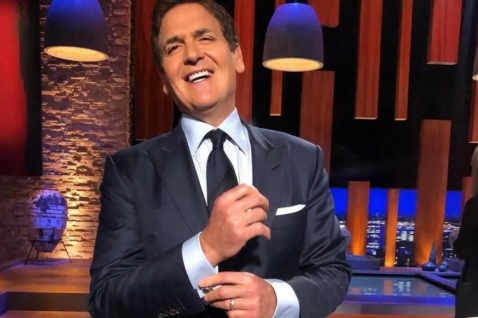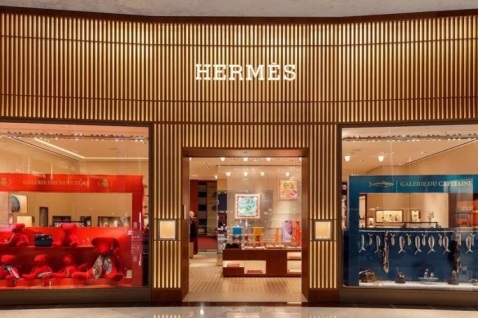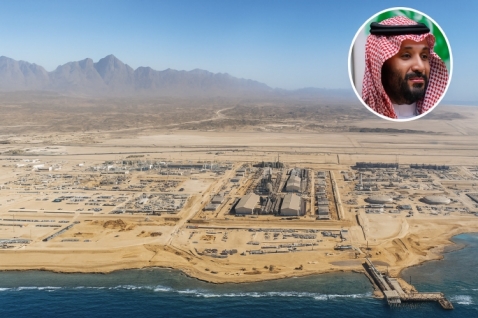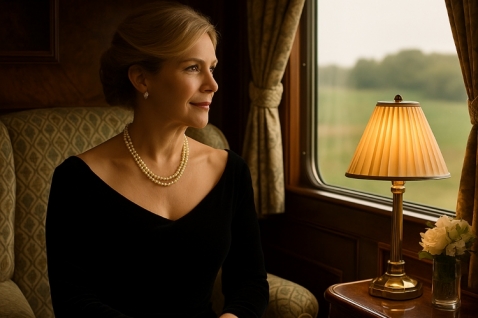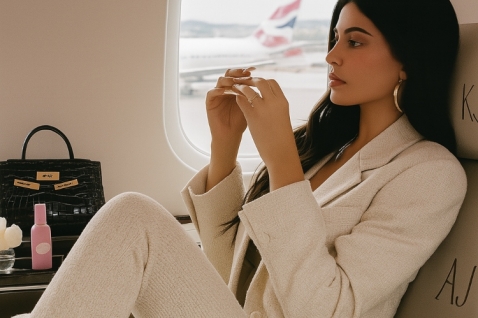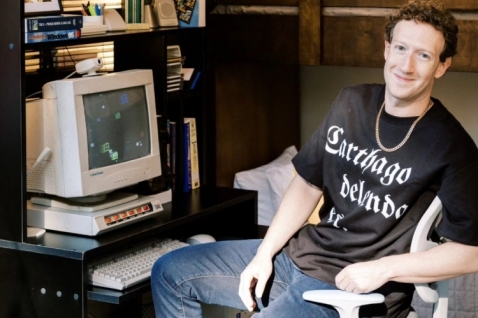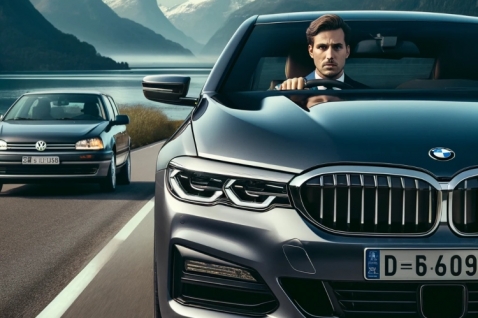Foto: Unsplash
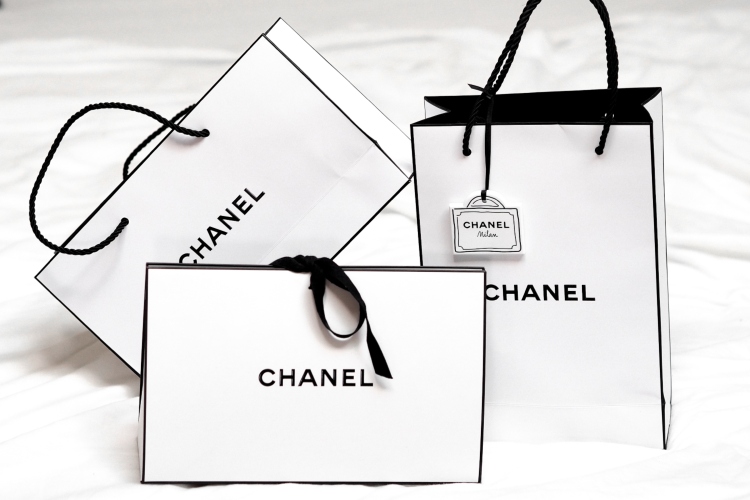
The “luxury brand” title is something that must be earned.
Some are iconic enough that simply hearing or reading their name evokes a sense of exclusivity, high quality, and even power. And despite the decreased demand for luxury goods at the onset of the pandemic, its market has since bounced back to pre-pandemic levels and beyond, in some cases. Reuters even predicted a 4% increase in global sales, reaching over $327 billion. Here are five luxury brands with iconic names, and what we can learn from them.
Chanel
Chanel retains its position as one of the top fashion and beauty houses in the world. The iconic name comes from foundress Gabrielle Chanel’s moniker Coco, which means “darling” in french. Indeed, most of the company’s bestselling products are fragrances that contain their name – Chanel No. 5, Coco, Coco Mademoiselle, and even the new Paris by Chanel. With the right marketing strategies and a strong connection to brand identity, it is fascinating how a name can have this much of an impact even many years later.
Rolex
Watchmaking brand Rolex has had its fair share of stories when it comes to its origins. Hans Wilsdorf wanted a short name that could be pronounced in any language and looked good in all capital letters. Rolex was soon created by combining the letters of the alphabet in almost every possible way. Believe it or not, arbitrary brand name stories like these are not that unusual. Entrepreneurs can achieve the same effect by using a business name generator on Namechk. With the right keywords, the possibilities are endless in making brands standout in the luxury market.
Tesla
Tesla Motors quickly became one of the most coveted luxury car brands in the market, amassing the most worldwide sales of battery electric vehicles in 2021. Of all luxury auto queries, Tesla came second only to BMW. With its name paying homage to the famous Serbian American inventor Nikola Tesla, the brand was recognizable enough to rise to fame amidst its many competitors. Much like Nikola Tesla’s inventions, Tesla Motors aims to pioneer tech developments, especially in the areas of sustainable transport and energy.
Miu Miu
Prada’s subsidiary Miu Miu has been growing in popularity in the last decade, and more so with the avant-garde and y2k-inspired fashion that boomed post-pandemic. The name was born from Miuccia Prada’s childhood nickname. Relying on both reduplication and a youthful spirit, the name Miu Miu is a great template for brands who want to appeal to a certain target market. True enough, the brand has successfully established its own identity and independence from the Prada Group and has become famous for its unique style.
Cartier
Finally, we have Cartier, whose name conjures up images of rare and expensive jewelry, perfumes, and other luxury items. Much like Chanel, Cartier was primarily a simple name of French origin that means “driver of a cart”. Now, the name conveys a story of the brand’s long history of sales to royalty – King Edward VII even referred to Cartier as "the jeweler of kings and the king of jewelers". The brand also rarely conforms to trends, sticking to a well-established luxury image that’s been passed down for over a hundred years.
Conclusion
Luxury brands are set on a pedestal because they offer something special that other brands don’t. That’s why many fight to stand on the same level by wielding techniques in naming, branding, marketing, and the like. However, customers interpret luxury in different ways, and so must these aspiring brands. There are different ways to express luxury while still staying authentic to your products and services, and resonating with your target customers. After all, a huge part of what makes brands “luxury” is the experience they provide. Check out the rest of our articles here at Luxury Topics where we talk about the latest in fashion, design, lifestyle, businesses, and many others.

